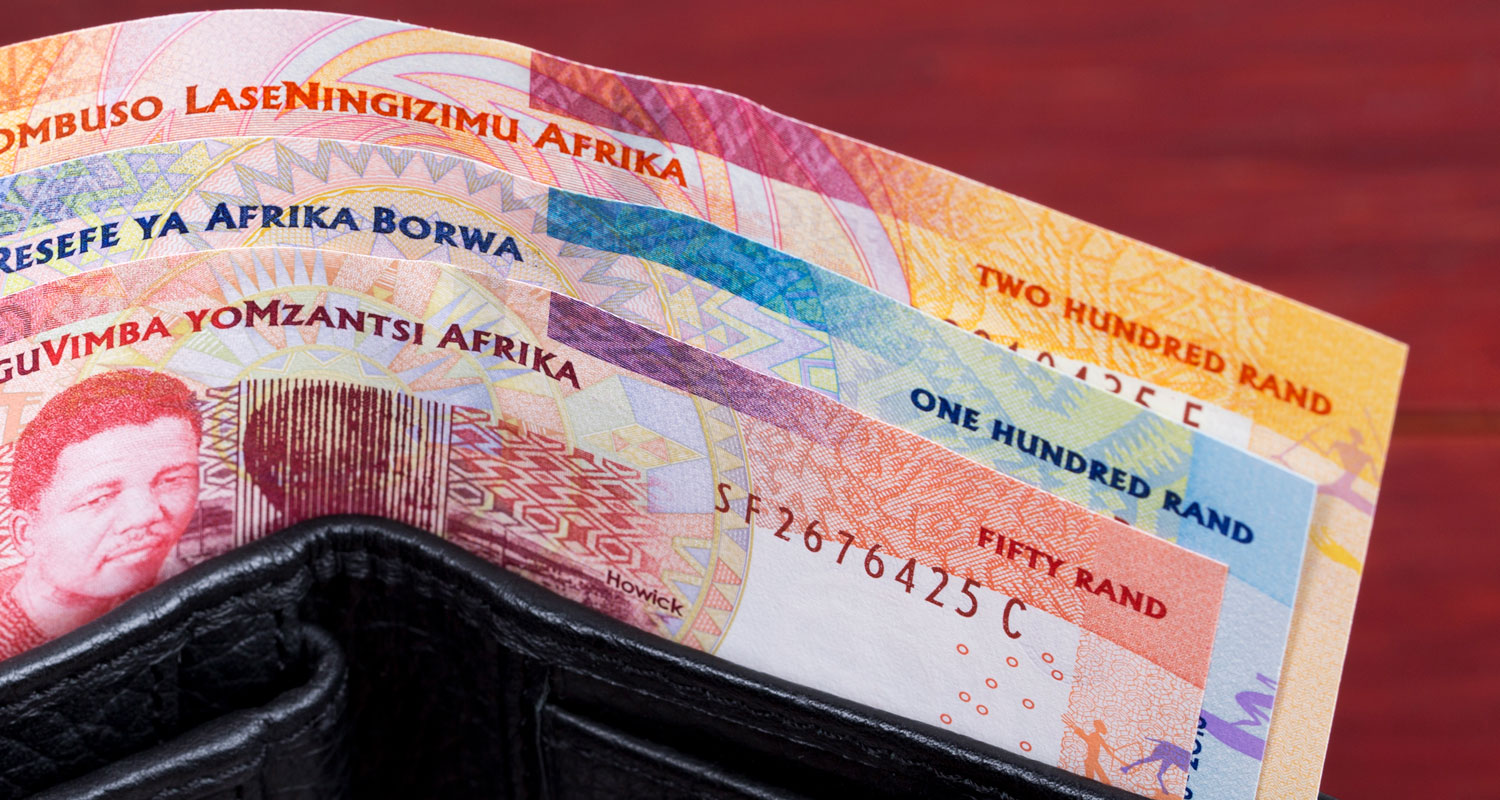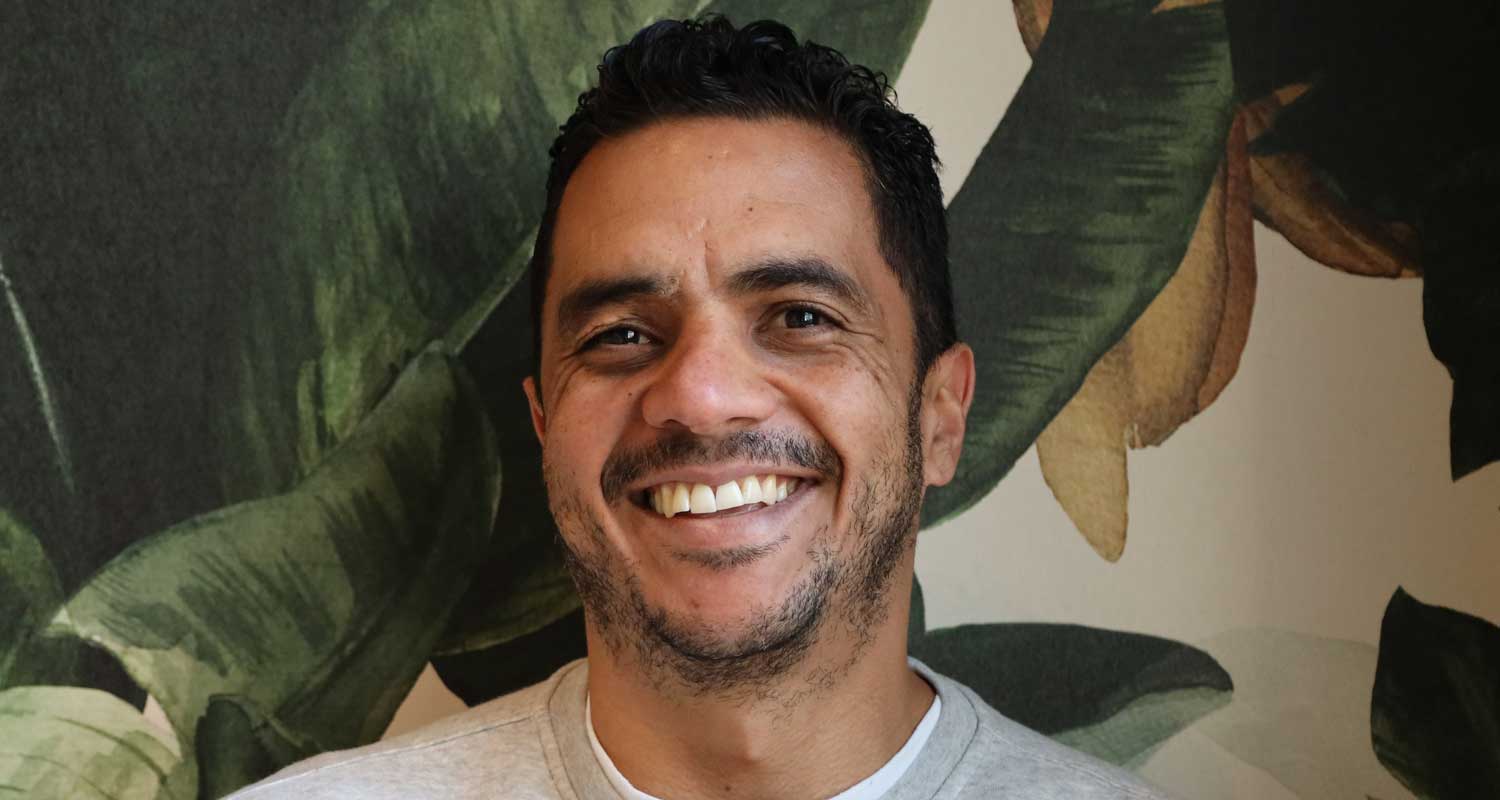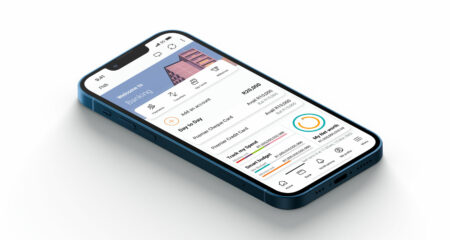 The message from South Africa’s fintech sector is clear: cash should no longer be king in South Africa and a move to digital open banking is imperative.
The message from South Africa’s fintech sector is clear: cash should no longer be king in South Africa and a move to digital open banking is imperative.
Speaker after speaker at a conference hosted by Ozow held in Cape Town on Tuesday stressed the need to enable payments from the almost 50 million bank accounts in the country. Ozow is an established digital payments gateway, offering QR codes, e-commerce, e-billing and payment links.
The South African Reserve Bank wants to modernise banking in the country by 2025 by incorporating open banking methods and encouraging cooperation between regulators, banks and fintech.
BankservAfrica head of real-time payments Mpho Sadiki said at the conference that although South Africa is still a hugely cash dominant society, the trend cannot continue forever.
However, in a cash-driven society like South Africa’s, various obstacles have to be overcome. In many township and rural communities, customers are wary of using a digital payment system, for example.
As Busi Radebe, head of electronic payments at Capitec, explained, large parts of the country are still unbanked and rely solely on cash. Ironically, when he visits an urban area – in the West Rand, for instance – he has to stop at a garage on the way there to draw cash if he wants to support local businesses.
“Some spaza shops will have some sort of device, but you have to spend a minimum of R50 and a surcharge of R55 is often also added. A guy selling a loaf of bread doesn’t care about industry rules,” he said. “We have to get the ordinary spaza shop guys to accept digitisation or we’re going nowhere.”
Rapid payments
Radebe believes the answer is to get South Africa’s recently launched rapid payments programme – known as PayShap – working efficiently. PayShap, an interbank initiative led by BankservAfrica, promises to make it cheap (sometimes free) and easy to send money to another person, without even knowing their bank account number.
Radebe’s view is shared by Gabriel Swanepoel, manager of Mastercard Southern Africa. He said 90% of all retail sales are paid for in cash, and this has to change.
“The answer lies in the democratisation of banks, and the recognition that for businesses to thrive, we have to meet the consumer where he wants to be met. At the same time, a R10 000 device in a spaza shop is not going to work, but a QR code-based system will.”
Given the high crime rate in South Africa, it would seem obvious to move away from the use of cash, which in itself costs the country R50-billion/year to produce, transport and guard. There is R23-billion in cash fraud every year – but consumers and merchants must have confidence in the digital process. Education of consumers and merchants is vital, said Swanepoel, and people must feel confident that if something in a digital transaction goes wrong, it will be honoured. “Uniformity and trust is crucial to the process.”

Another challenge is the need to protect consumers’ privacy and data. Ozow chief product officer Lyle Eckstein said consent on the part of the consumer is vital, and that aspect follows best practice in the industry. More mature open banking systems like those in the UK are highly regulated and there is a clear accreditation process, which South Africa follows to ensure clients feel comfortable that the security of their data is not at risk.
So far, four major banks have gone live with real-time banking: Absa, FNB, Standard Bank and Nedbank. The Reserve Bank’s move to modernise payment methods is ambitious, and aims to see eight banks onboarded by the end of the year.
“The time is right for innovation,” said Eckstein. “It’s the right time to target smaller users and take on board all South Africans.” — © 2023 NewsCentral Media




